Muharram rituals organizers threatened by Bahraini authorities
In 680 AD, on Ashoura- the tenth day of the holy month of Muharram- Husain Ibn Ali, grandson of the Prophet Muhammad and the third Imam of Shia Muslims, was martyred in the desert of Karbala, located in contemporary Iraq.
Since then, Shia Muslims commemorate his martyrdom every year.
This year, as the coronavirus pandemic rages on, governments and health authorities everywhere are cautioning people to commemorate the event with strict health guidelines in mind.
In Bahrain, however, Shia Muslims have not been cautioned but banned from holding Muharram mourning rituals, ostensibly, to battle the pandemic but critics say the truth is far beneath the surface.
Restrictive measures increased in Bahrain in the run-up to Muharram this year, some of them, under the pretext of preventing COVID-19 from spreading.
The major organizers of mourning rituals in Bahrain have reportedly been summoned and threatened by the authorities.
Some religious centers have been warned that should they host Muharram rituals they would be fined and shut down for three years.
The security apparatus has also had some local media outlets publish articles against organizing mourning ceremonies.
Bahrain's most prominent Shia cleric, Ayatollah Sheikh Isa Qassim, has condemned Manama's decision to ban mourning ceremonies in Muharram, deploring the double standard that the ban has been introduced while business centers, markets, pools and sports clubs have reopened in Bahrain.
It's obviously, hypocrisy, to a greater extent, but at the same time you can see that, you know they are playing to their masters.
Okay, the things that please their masters is having their pools and gambling venues, and all of those kinds of things, but also they want to make sure that the economy does not suffer.
Ruhi Rizvi, Human Rights Activist, Founder of Project Zainab, London
The discrepancy between policies shows how Manama is using the pandemic as an excuse to target Shia rituals during Muharram.
Shia majority discriminated against by ruling Sunni minority
The Al Khalifa regime is accused of systematically discriminating against the country’s Shiite community, which accounts for the majority of Bahrain’s population.
Discriminatory practices affect Shia Muslims across a vast array of issues, including employment, freedom of expression, and political rights.
The Shia community faces exclusion from the military and security apparatuses, the arbitrary revocation of Bahraini citizenship, and the denial of medical care for prisoners.
Their human rights are violated basically in every form, whether it be education, employment rights, whether it be the rights to, you know, secure, you know, the best standard of life. That's what they've done.
They've treated the Shia Muslims in Bahrain, as second class citizens. They've made sure that they don't have any rights to the best standard of anything. The reason why they're doing that, I mean it's pretty clear, is that, you know, if they gave them all the rights and stuff.
Ruhi Rizvi, Human Rights Activist, Founder of Project Zainab, London
The Bahraini monarchy has historically used alleged ties between Shia opposition groups and Iran to justify the systematic denial of political rights.
As demonstrated by the “Bandargate” scandal (the public revelation of a report on the regime’s plan to marginalize the Shiite community), the Al Khalifa have also pursued a policy of ‘Sunnization’ of the Bahraini population.
In a nutshell, Shia identity has proved to be the prime target of the Al Khalifa regime.
Sunnization, the same thing is take away the rights of the Shia Muslims, make sure they don't stand up for their rights. They can never gather and they forget their past.
We cannot forget the past 1443 years of Imam Hussain. We do not forget that in one second. This is our life. This is who we are, you know, we stand up against oppression, we make sure we really stand up against tyranny of all sorts, and we make sure we stand for the oppressed, not against the oppressed.
Ruhi Rizvi, Human Rights Activist, Founder of Project Zainab, London
While holding Shia festivals and rituals is technically permitted in Bahrain, police forces have consistently harassed Shia Muslims during these events.
Last year, during the month of Muharram, “at least 20 religious leaders were summoned regarding the content of their sermons and prayers, and it restricted Ashura ritual processions.”
Muslims will not feel happy. By suppressing their needs, suppressing their rights, You know, there's actually, that what they're trying to do is they're actually kind of turning them away from all of these things, either, so they can leave the country, and leave it to the minority, which is the Sunni Muslims of Bahrain. But, you know, we know why they're doing this, they're doing this because they want them to suffer as much as they possibly can and it is. And it is oppression.
Ruhi Rizvi, Human Rights Activist, Founder of Project Zainab, London
The COVID-19 pandemic has recently contributed to new limitations on religious freedom.
On 26 August 2020, a few days before Ashura, the Jaffaria Endowment Directorate imposed restrictions specifically aimed at targeting Shia worshipers and their congregation halls, the matams. (Ministry of Health, 26 August 2020)
ACLED-Religion data shed light on the long-term consequences of these restrictions and the repression of Shia religious practices.
Between January and March 2021, ACLED-Religion records six judicial harassment events targeting various Shia practices including Ashura-related celebrations, the call to prayer (adhan), and other unspecified rituals.
I know we probably have a few more questions related to this, but if you see what happened in Iran, it was very similar before the revolution because what happened here was that we were trying to, you know, Reza Pahlavi was trying to do the same thing, bringing in, you know, those kind of, you know, suppressing the houses, making sure that the houses were removed, that people were, you know by oppressing them he was trying to remove aspects of the face so actually strengthening excesses, for generations to come.
Ruhi Rizvi, Human Rights Activist, Founder of Project Zainab, London
Another major anti-Shia trend is the repression of Shia religious practices and beliefs in prisons.
Targeting Shia clerics in prison reflects the systematic “sectarian discrimination” that Shia prisoners experience in Bahrain, a trend exemplified by the attack on Sheikh Zuhair Ashour in Jau Prison on 14 March and by the medical mistreatment of Sayed Kamel Hashemi on 30 March.
In August 2020, around 500 political prisoners in Buildings 13 and 14 of Jau Prison went on a hunger strike to protest the Bahraini regime's ban on religious rituals, in particular, the Ashura rituals.
Al Khalifa is no different to the Saudi regime, they are you know they come, they bypass one another, but they're doing exactly the same thing which is suppressing the Shia Muslims, and preventing them from having any form of rights, to keep them away from gaining strength, you know, gatherings means gathering of numbers. When numbers get together, they're lectured to become strong like Imam Hussein, they're told to become pious, to become strong, to stand up against oppression, against the tyrannies and they're educated. The reason why these rituals and things are being pushed away from them is that there are no gatherings, there are no lectures, there are no kind of people to tell them, you know how and what kind of rights, they should be fighting against.
Ruhi Rizvi, Human Rights Activist, Founder of Project Zainab, London
Every year, discrimination against Shia Muslims in Bahrain increases during Muharram. However, the discrimination and suppression of religious events have taken on a new form over the past two years, because the authorities can use the pandemic as an excuse for their actions.
Some even say that Manama will intentionally increase PCR testing - as it did last year- so that the number of cases would be higher after Muharram, in order to use the ceremonies as a scapegoat.
US defenses overwhelmed by Iran’s drone and missile barrages: WSJ
IRGC says second US THAAD anti-missile unit destroyed
CNN journalists abducted by Israel while reporting on damage from Iranian strikes
Iran denies attacks on Oman as it warns of US-Israeli ‘false-flag’ ops
Iran knows where Netanyahu convenes his meetings: Ex-IRGC chief
‘Law of jungle’: China says Israeli-US aggression against Iran must stop
Iran says committed to regional security; retaliatory attacks only target Israel, US assets
'Blatant war crime': Iran denounces US-Israel strikes on Gandhi hospital in Tehran


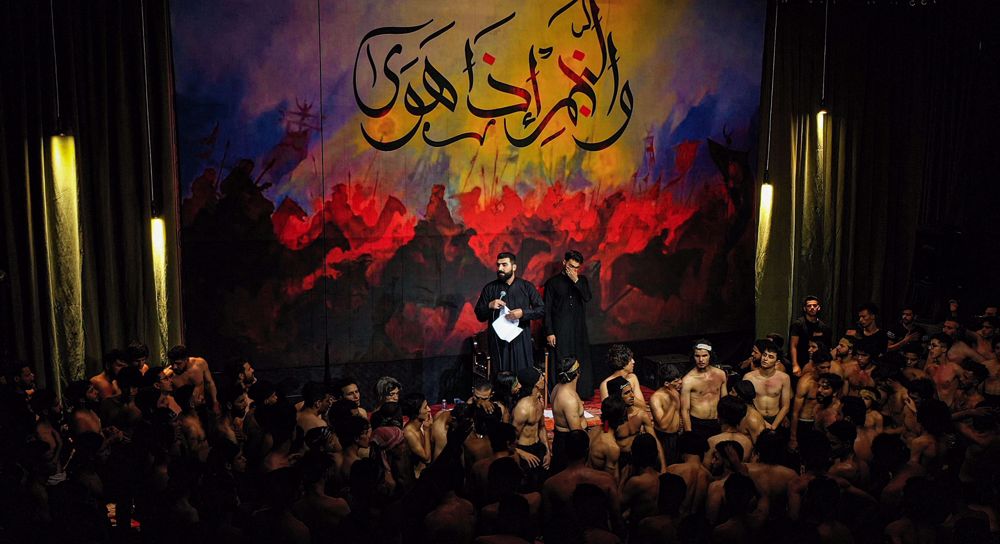
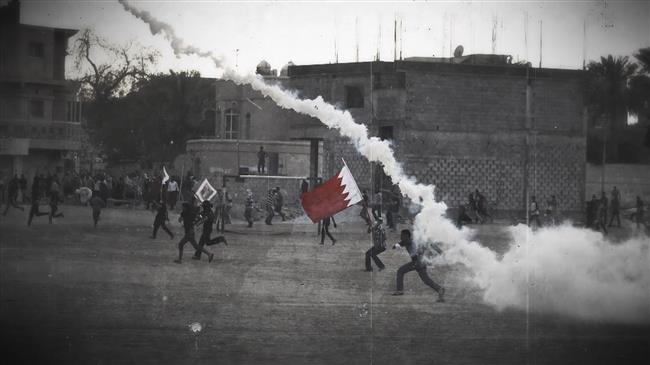
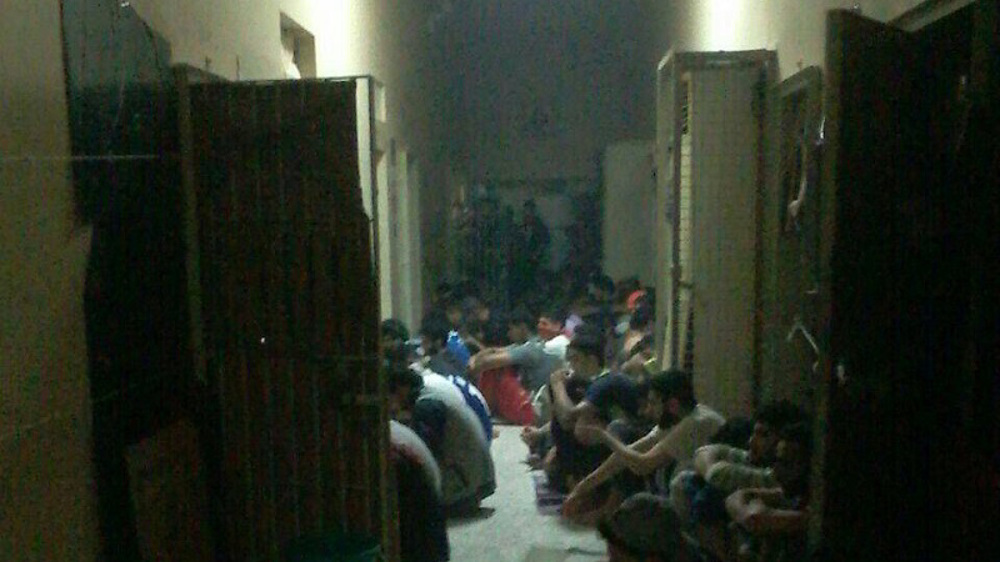
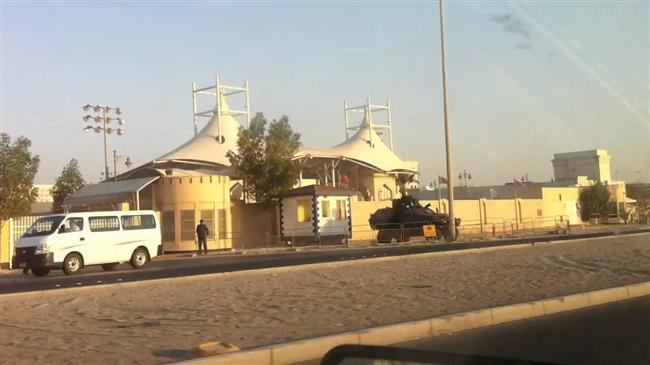
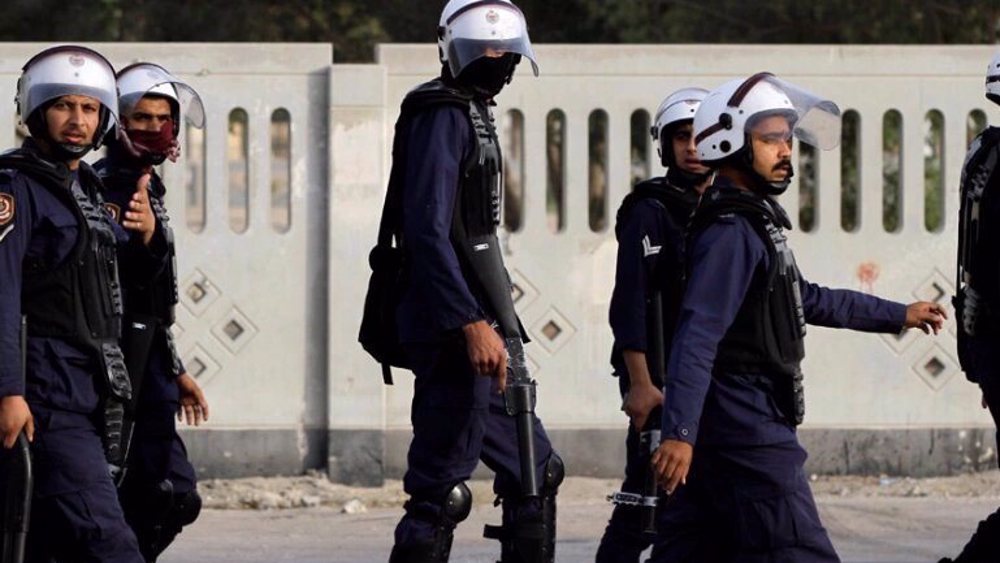
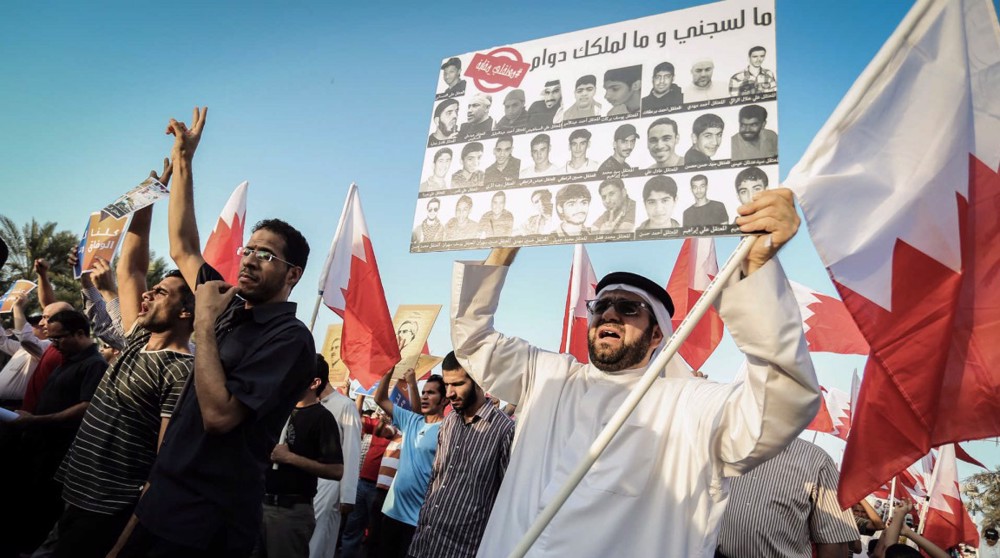
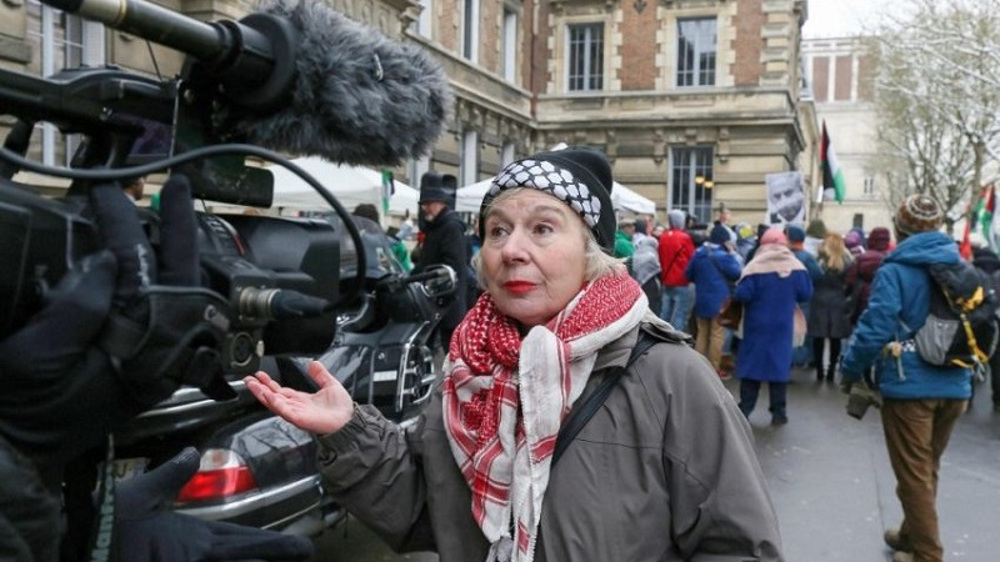
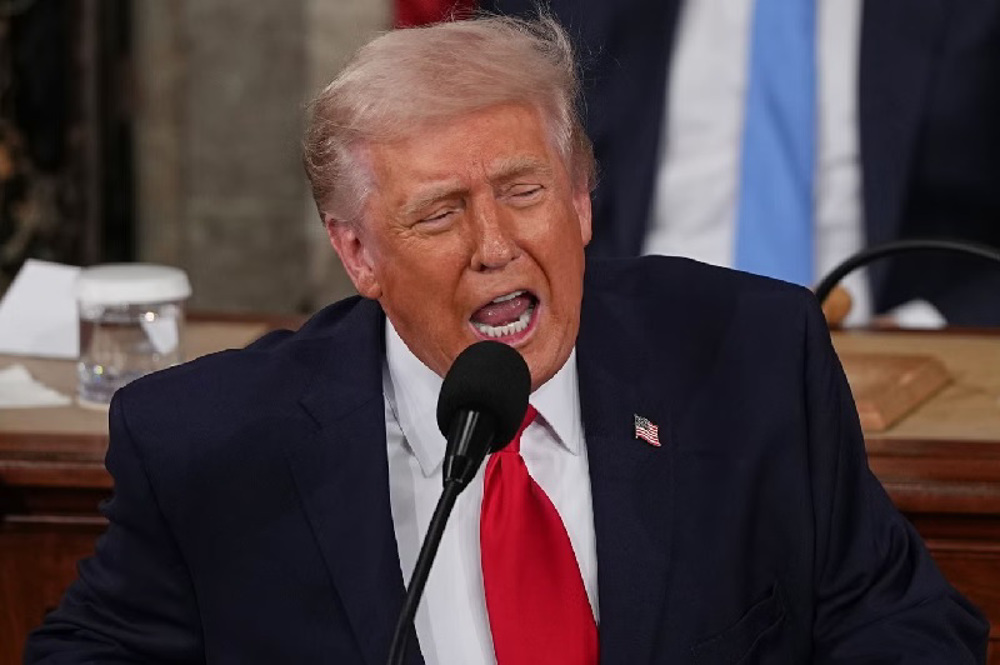
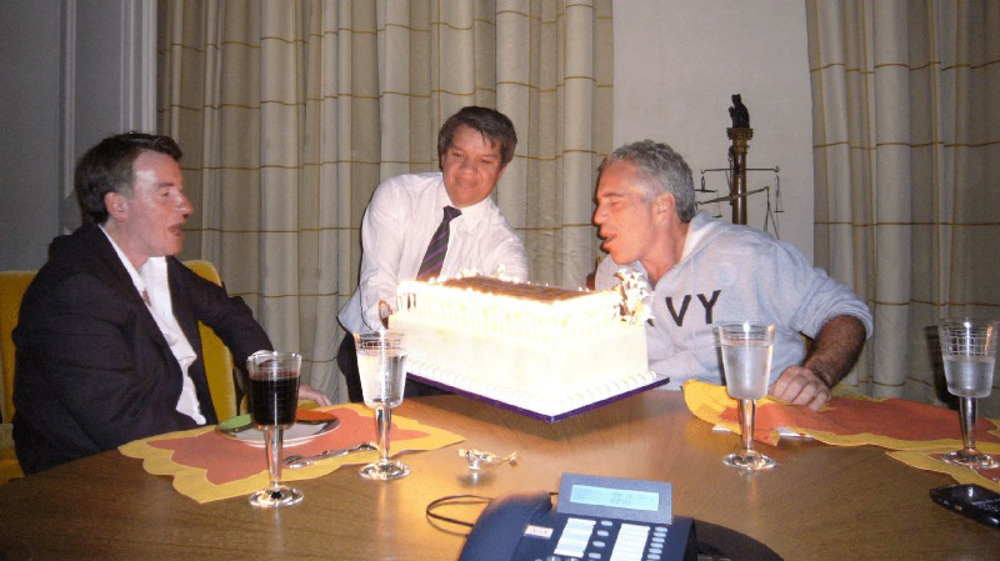




 This makes it easy to access the Press TV website
This makes it easy to access the Press TV website